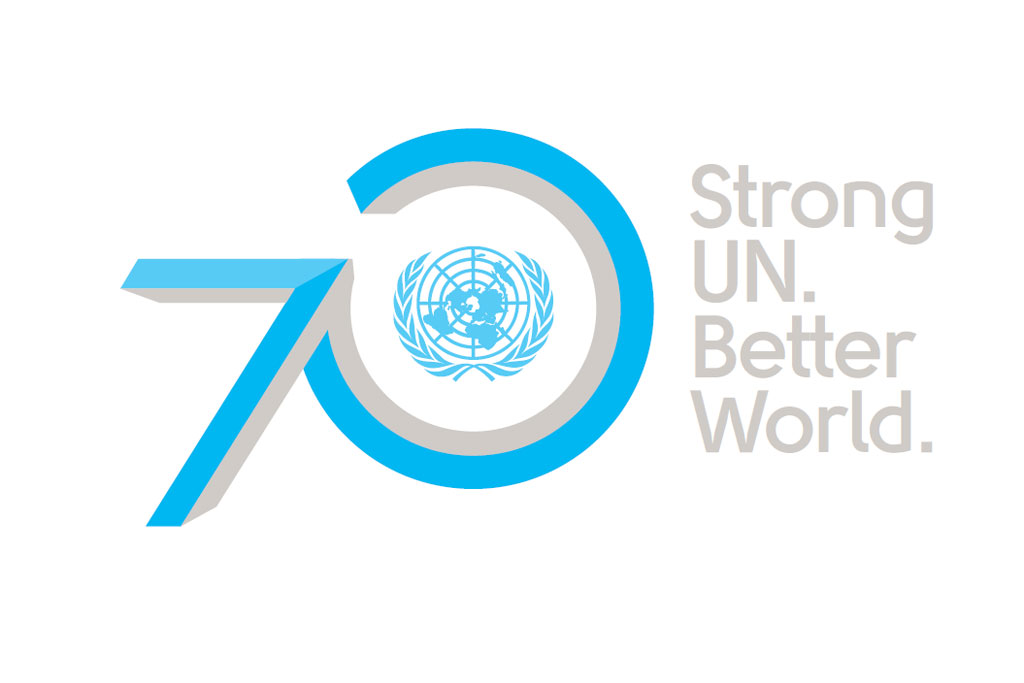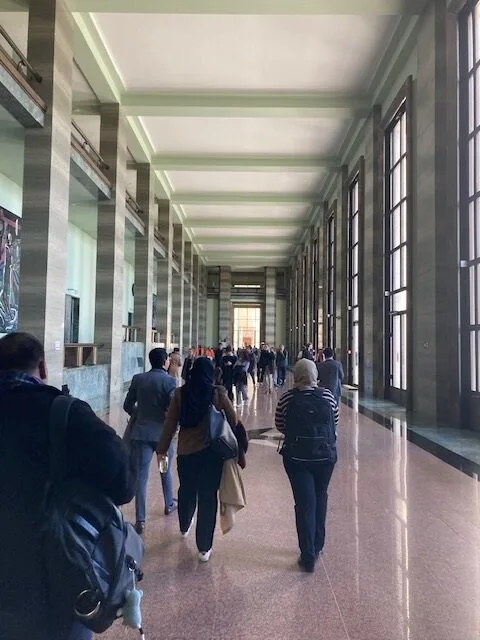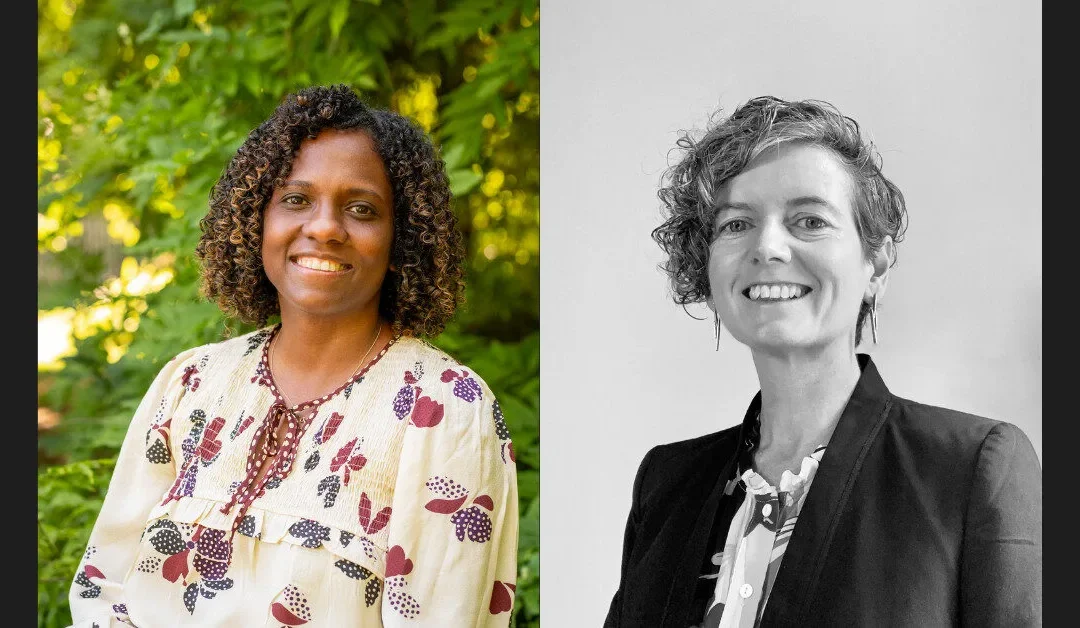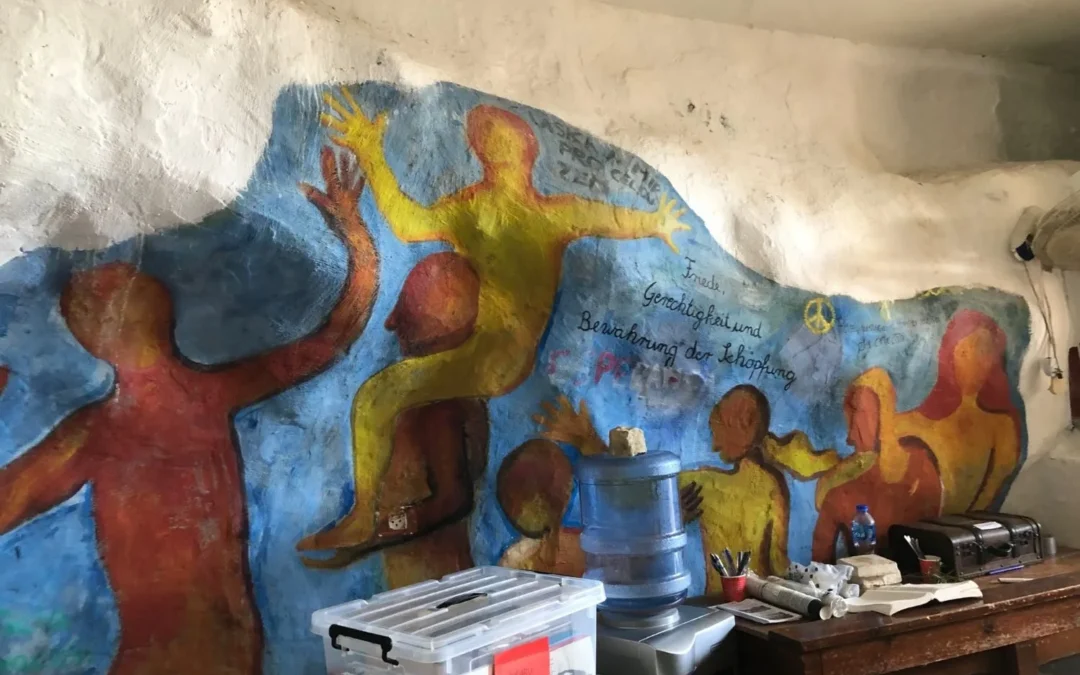In honour of the International Day of Peace, QUNO and peacebuilding organisations from around the world have issued a shared statement to UN Member States on the importance of fostering peaceful, just and inclusive societies. Throughout the General Assembly in September, world leaders will sign on to the 2030 Agenda for Sustainable Development, and there will be high-level discussions on terrorism, UN peace operations and peacebuilding. In light of these events, "Facing the Challenge of Peace" encourages the international community to adopt the following principles: embracing the universality of the 2030 Agenda; seeking to understand local contexts; seeking to do no harm when planning and implementing development, humanitarian, economic and security engagements; focusing on increasing resilience; and prioritising local needs.
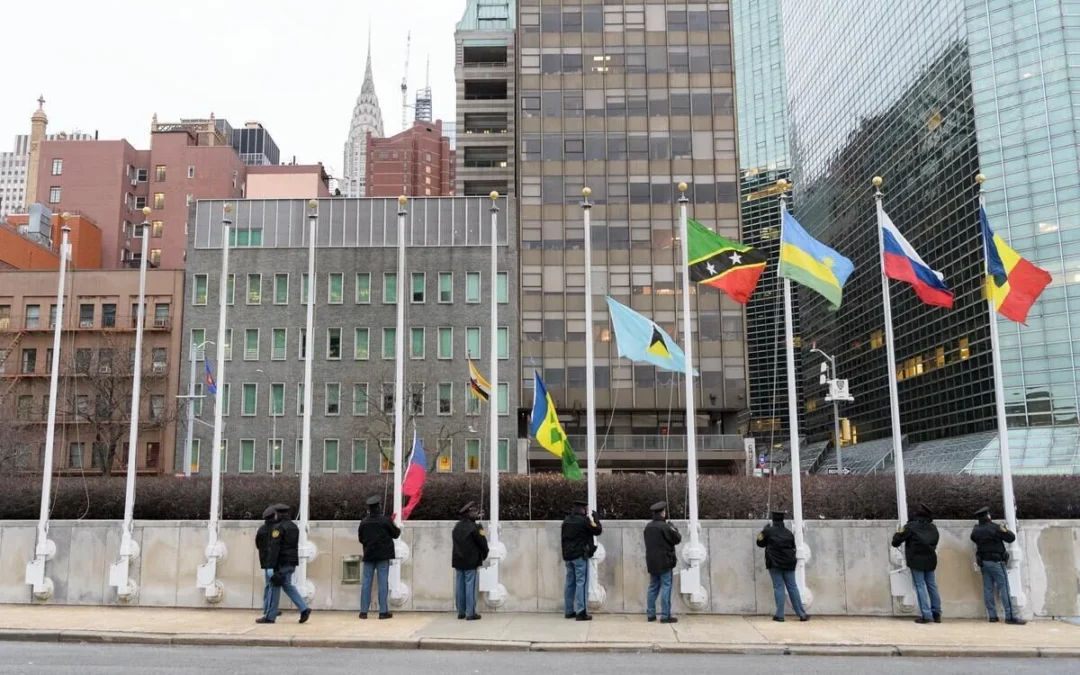
Perseverance and Hope During Challenging Times
On 28 January 2026, UN Secretary-General Antonio Guterres wrote to all UN member states to warn that the UN is facing "imminent financial collapse". While it is not unusual for the Secretary-General to raise alarm about...

